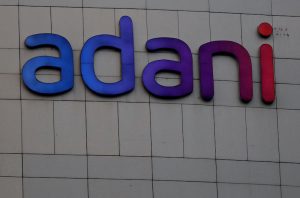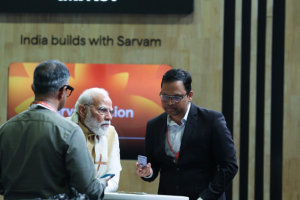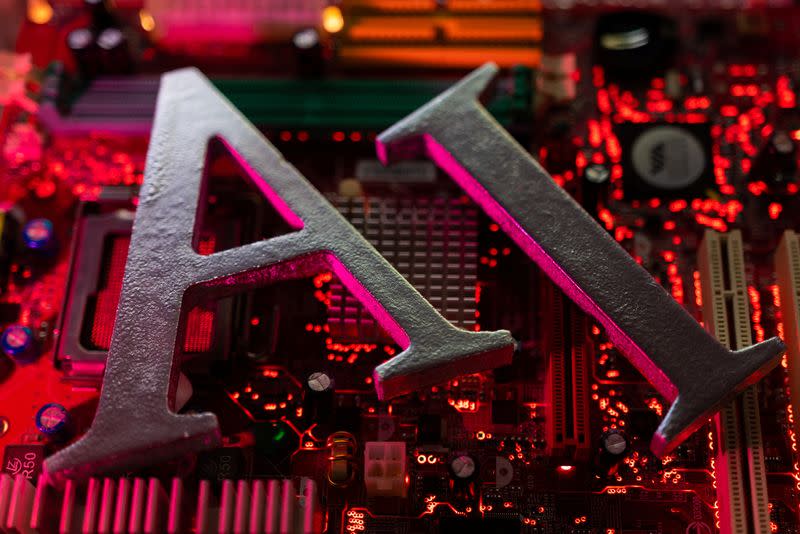Offline retailer the Future Group, which is now staring at bankruptcy, announced on Monday that it averted a payment default on its foreign bonds, and a consequent credit rating downgrade, by paying 1 billion rupees of interest. The money was paid on the last date of the 30-day grace period granted by the bondholders of the $500 million senior secured notes.
The Future Group, which claims to have shaped India’s consumption journey, is reeling under soaring debts triggered by the pandemic and the nationwide lockdown, which have led to its rapidly sliding fortunes and share prices.
For instance, as per company records, the retail giant’s consolidated debt stood at $1.73 billion, as of September 2019, while the gross debt of its flagship, the Future Retail was $3.59 billion on fiscal year ending March 2019.
For the Group, which defaulted on payment on July 22, a missed pay-out could have not only been disastrous leading to a downgrade by rating agencies and other lenders. But it could have also led to the invocation of pledged shares of its founder Kishore Biyani, and a consequent impact on its valuation prior to the sell-out to Reliance.
The funds for paying interest to the foreign bondholders were raised from banks which are negotiating a sale of Future’s business to Reliance Industries (RIL), the oil-technology-retail conglomerate, led by India’s richest man Mukesh Ambani.
Ambani is reportedly eyeing to buy out the Kishore Biyani’s majority stake to strengthen RIL’s offline retail reach.
Grocery advantages
Despite its burdens though, Future Groups’ 1,700 supermarkets and lifestyle stores, including Big Bazaar and Central, make it a good fit for Ambani’s bold retail ambitions.
Reliance Retail’s store matrix is skewed towards the consumer electronics segment, which accounts for nearly three-fourths of its overall store count but generates a fourth of its revenues. In comparison, the grocery segment, which accounts for just 7% of its store network, contributes a fifth of its sales.
Adding 1,300 grocery stores owned by Future Retail to its existing 800 stores will clearly bolster Reliance’s dominance in the segment.
However, Ambani’s ambitions could hit a roadblock as its competitor Amazon already holds a stake in Future Retail, which runs the Big Bazaar chain. In 2019, the Jeff Bezos-led American e-commerce giant had acquired a 49% stake in Future Coupons, a promoter entity which holds 2.72% in Future Retail. The deal gave Amazon an indirect stake of 1.3% in Future Retail.
In addition, Amazon has the first right to acquire Biyani’s holding in this company in three to 10 years from November 2019, when the transaction was approved by the antitrust watchdog Competition Commission of India. However, this right can only be exercised after November 2022.
Nevertheless, the Future Group has tightened its belt too. Recently, it pulled out of the central sponsorship of the glitzy Indian Premier League, the popular cricket tournament.
Read more: India’s richest man takes on Amazon, Walmart in e-commerce gamble
This report appeared first on Asia Times website.
























